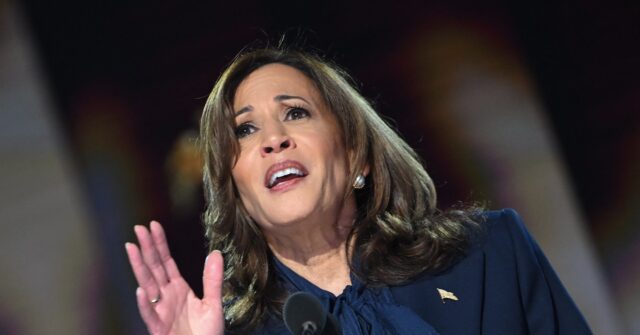In August, a report from London’s Daily Telegraph disclosed that Britain’s leftist Labour Party funded Prime Minister Sir Keir Starmer’s chief of staff, Morgan McSweeney, to attend the Democratic National Convention (DNC) in Chicago. This revelation emerged amid claims by former President Donald Trump that the Labour Party was interfering with the U.S. presidential election. McSweeney wasn’t the only Labour figure present at the convention, as comms director Matthew Doyle also attended; however, Labour asserted that Doyle’s expenses were covered by the Progressive Policy Institute, a think tank aligned with the Democrats. These developments have fueled concerns over foreign involvement in a U.S. election process.
The presence of McSweeney and Doyle at the DNC dovetailed with a formal complaint filed by the Trump campaign to the Federal Election Commission (FEC). This complaint alleges illegal foreign contributions tied to Labour staffers’ work during the convention, including meetings that could be interpreted as assistance given to Vice President Kamala Harris’s campaign. The Labour Party, for its part, has refuted claims of any direct involvement with the Harris campaign. A spokesperson emphasized that while both staffers interacted informally with campaign personnel, there were no official discussions or contributions made.
Adding to the controversy, a now-deleted LinkedIn post by Sofia Patel, the Labour Party’s head of operations, indicated that efforts were underway to mobilize around 100 Labour staff members—both current and former—to support the Harris campaign in key battleground states. Patel’s mention of arranging housing for these volunteers sparked further scrutiny, with the Trump campaign interpreting this as an overture of financial backing for foreign election assistance. The Labour Party has characterized Patel’s language as clumsy, asserting that any involvement of Labour officials in U.S. campaigning has strictly been on a voluntary basis, with officials potentially staying with fellow volunteers.
In a separate yet related controversy, the Labour Party-affiliated Center for Countering Digital Hate (CCDH) has been accused of attempting to interfere in the American electoral process through strategic campaigns against platforms like Twitter. Leaked memos reviewed by investigative journalists suggested that the CCDH aimed to pressure advertisers to withdraw support from the platform, effectively undermining its financial stability. This group, which was co-founded by McSweeney, purportedly sought to cultivate closer relationships with the Biden-Harris administration and prominent Democratic figures, including Senator Amy Klobuchar, recognized for her advocacy on regulating misinformation online.
Responding to allegations of foreign interference, CCDH CEO Imran Ahmed distanced his organization from the Labour Party. A former Labour Party strategist himself, Ahmed adamantly rejected claims that the CCDH operated as an arm of the Labour government in undermining U.S. elections. He emphasized the organization’s focus on researching conspiracy theories rather than engaging in election-related meddling, portraying the CCDH’s work as independent and nonpartisan in nature.
This complex web of alleged interference underscores growing tensions regarding foreign involvement in domestic electoral matters. As scrutiny intensifies around Labour Party activities in the U.S. political landscape, both the party and associated organizations are striving to clarify their intentions and affiliations. The ongoing dialogue about these accusations reflects broader concerns over the integrity of democratic processes in both the U.K. and the U.S., raising questions about the lengths to which political actors might go to influence outcomes in foreign elections amid a polarized political environment.

